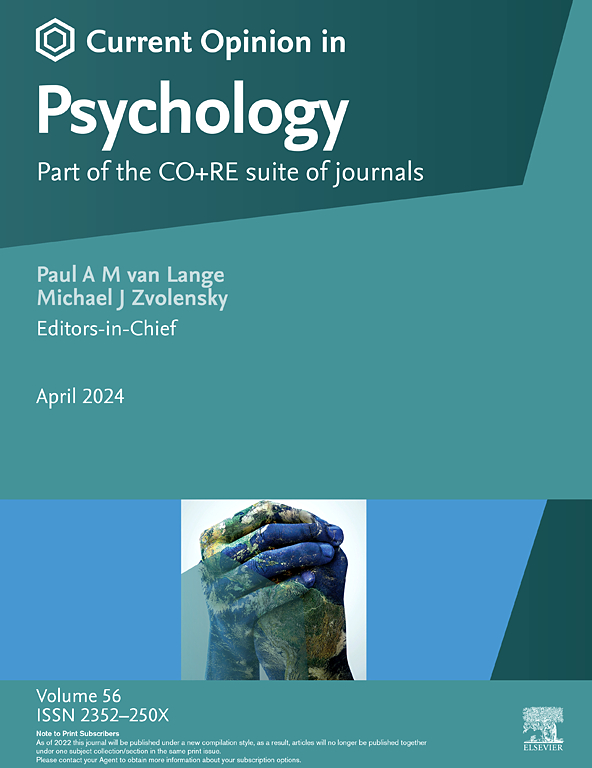叙事与集体记忆
IF 6.9
2区 心理学
Q1 PSYCHOLOGY, MULTIDISCIPLINARY
引用次数: 0
摘要
当前的研究继续强调叙事作为集体记忆的关键文化中介的作用。最近的研究考察了叙事是如何塑造集体身份的——不是孤立的,而是将它们与其他媒介(如符号、纪念碑或仪式)结合起来。理解叙事如何发挥作用的关键概念,如示意图叙事模板,已经被完善,以解释当今社会日益异质和动态的身份。对叙事的研究还必须考虑到反叙事和替代叙事的兴起,它们与主叙事共存,有时还会挑战主叙事。叙事方法在记忆和历史的交叉点上做出了重大贡献,这些贡献对培养我们社会的批判性和历史性思维尤为重要。对叙事的批判性思考对于公民协商和询问叙事以及产生自己的叙事至关重要。为了更好地理解叙事在集体记忆中的作用,研究叙事的生产与消费之间、记忆与历史之间、主导叙事与替代叙事之间的紧张点和相互关系至关重要。所有这些都发生在一个为叙事研究提出新挑战的背景下——比如极端主义政治话语的兴起和国家叙事的使用,以及人工智能等新的叙事生产机制的出现。本文章由计算机程序翻译,如有差异,请以英文原文为准。
Narratives and collective memory
Current research continues to emphasize the role of narratives as a key cultural mediator for collective memory. Recent studies examine how narratives shape collective identities—not in isolation, but by integrating them with other mediators such as symbols, monuments, or rituals. Key concepts for understanding how narratives function, such as schematic narrative templates, have been refined to account for increasingly heterogeneous and dynamic identities in societies today. The study of narratives must also consider the rise of counter- and alternative narratives that coexist with—and sometimes challenge—master narratives. Narrative approaches are making significant contributions at the intersection of memory and history, contributions that are especially relevant to fostering critical and historical thinking in our societies. Critical thinking about narratives is essential for citizens to negotiate and interrogate them, as well as generate their own. To better understand the role of narratives in collective memory it is crucial to investigate the points of tension and interrelation between their production and consumption, between memory and history, and between dominant and alternative narratives. All of this occurs in a context that presents new challenges for narrative research—such as the rise of extremist political discourse and use of national narratives, and the emergence of new narrative-production mechanisms like artificial intelligence.
求助全文
通过发布文献求助,成功后即可免费获取论文全文。
去求助
来源期刊

Current Opinion in Psychology
PSYCHOLOGY, MULTIDISCIPLINARY-
CiteScore
12.10
自引率
3.40%
发文量
293
审稿时长
53 days
期刊介绍:
Current Opinion in Psychology is part of the Current Opinion and Research (CO+RE) suite of journals and is a companion to the primary research, open access journal, Current Research in Ecological and Social Psychology. CO+RE journals leverage the Current Opinion legacy of editorial excellence, high-impact, and global reach to ensure they are a widely-read resource that is integral to scientists' workflows.
Current Opinion in Psychology is divided into themed sections, some of which may be reviewed on an annual basis if appropriate. The amount of space devoted to each section is related to its importance. The topics covered will include:
* Biological psychology
* Clinical psychology
* Cognitive psychology
* Community psychology
* Comparative psychology
* Developmental psychology
* Educational psychology
* Environmental psychology
* Evolutionary psychology
* Health psychology
* Neuropsychology
* Personality psychology
* Social psychology
 求助内容:
求助内容: 应助结果提醒方式:
应助结果提醒方式:


